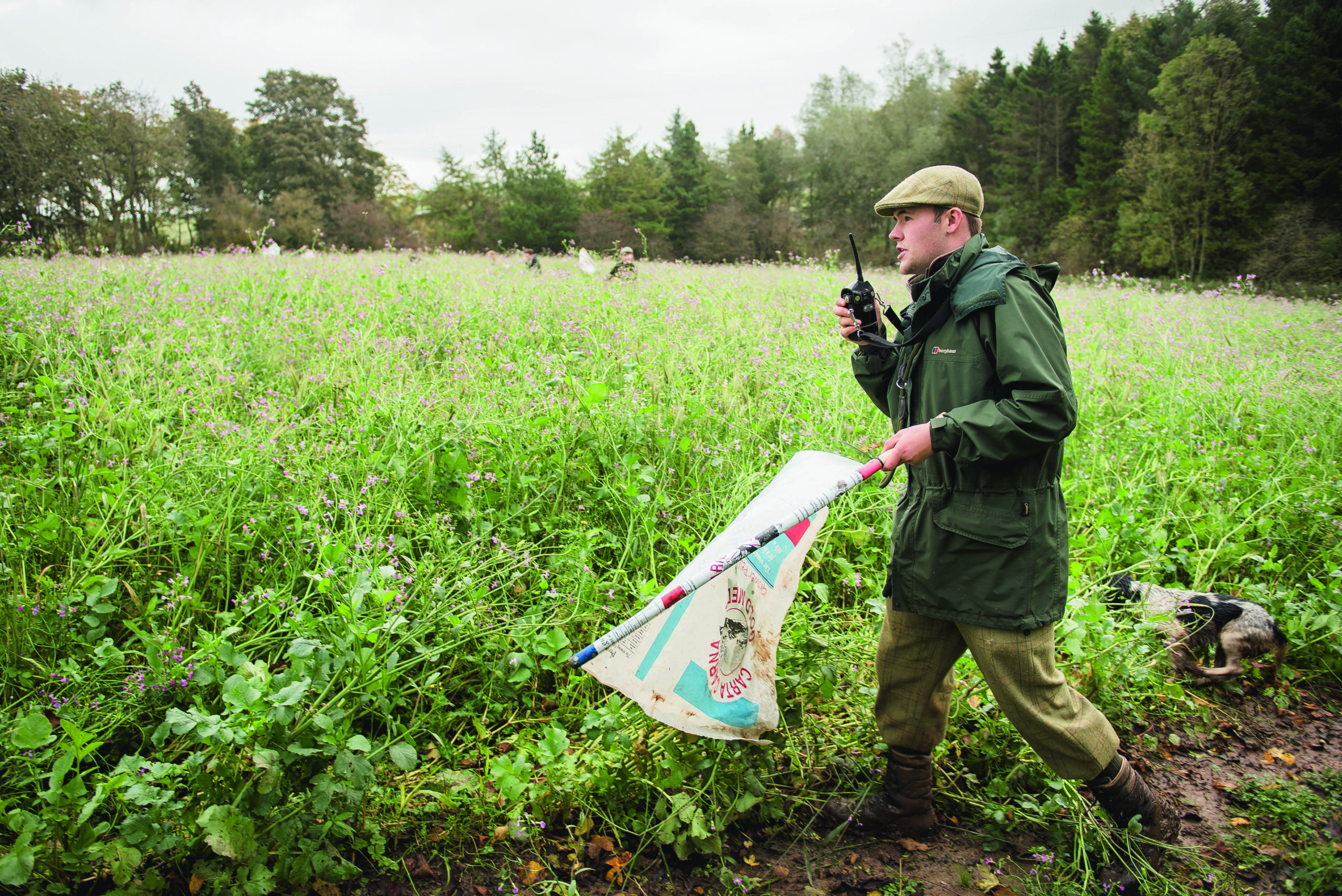A new look to land-based career path?
BASC has been busy on the educational front, arguing for improved opportunities in land-based sectors, as Conor O’Gorman reports.

There are many ways of getting into wildlife and land management and conservation work. Some get involved in middle age — mainly as volunteers — while others seek a career in the sector from a young age through myriad routes, with education and placements being key.
At the age of 16, I was lucky to get some summer work experience with a rural veterinary practice in Ireland. A few years later my options were studying zoology or taking a relatively new applied ecology course. I went for the traditional route.
For young people today there is an almost bewildering suite of career options in what is formally known as the land-based sector. There are three main pathways — agriculture, environment and animal care. The environment route offers opportunities to study in horticulture, landscaping and forestry, and includes countryside management and gamekeeping among many other options.
The task of nature recovery will be delivered not by online campaigners, nor government strategies, but by people on the ground with specialised skills and experience in practical management and conservation work within the land-based sector.
The education system has gone through several major reviews and some of the traditional routes into the land-based sector have been lost, while new ones gained. BASC has been working on the policy front to ensure that there are no gaps in the career pathways for young people, especially for gamekeeping and game management.
A key issue has been the introduction of T Levels in England, which were the new buzzword in education in 2020. The T-Level concept was to be a hybrid of a conventional full-time course combined with substantial work placement hours, similar to the apprenticeship delivery model. In other words, an academic course with lots of practical hands-on experience that would, in theory, be exactly what employers wanted.
While this sounded a great idea, the evolution of the T Level resulted in some courses being missed or not adequately represented. A case in point were gamekeeping and wildlife management, conservation and fisheries studies, which did not feature in the proposed habitat management occupational specialism.
BASC was on to this immediately and began lobbying the Department of Education and working with the land-based colleges, the Institute for Apprenticeships and Technical Education and City & Guilds to find a resolution. BASC continues to lead on developments.
We have also recently submitted evidence to an inquiry by the House of Commons environment, food and rural affairs committee into education and careers in land-based sectors to make our case for improvements ahead.
Under threat
BASC’s head of education and outreach Curtis Mossop is leading on these issues for the association. He said: “When I discovered that gamekeeping, wildlife management and other course routes were not included within the proposed T-Level landscape, I was shocked on both a professional and personal level. Having graduated from college and becoming a gamekeeper, to later teaching gamekeeping as a lecturer, I am a proud product of the very system which was now under threat.
“For some time now we have been working with educational bodies to have this situation addressed and rectified. We are working with government departments and the awarding body to save what we have now, but also to actively develop new curriculum options to safeguard against further changes in the education sector.
“I want to be clear that while there are challenges facing these courses, which BASC is addressing head on, colleges are absolutely open for business, and I would encourage any young person interested in a career within the land-based sector to go for it. Get in touch with the colleges, attend their open days and they will give you the advice you need,” he added.
“Careers in this field are instrumental in the management of our countryside, jobs are hard work but infinitely rewarding and as the phase goes, ‘find a job you love and you will never have to work a day in your life’.”








